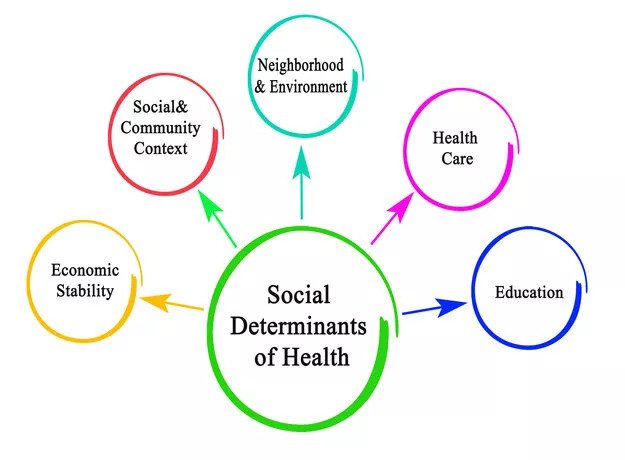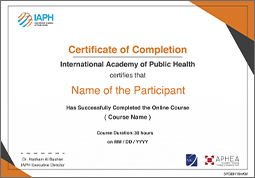Social determinants and inequity
Description
There is a considerable body of literature indicating a consistent relationship between socio-economic factors and health. The principal measures of socio-economic status have been education, income, and occupation. Education has been the most frequent measure as it does not usually change after early adulthood. Information about education can be obtained easily and it is unlikely that poor health in adulthood influences level of education. Recent research has developed specific instruments for assessment of individual socioeconomic circumstances or conditions.
These include material deprivation and self-perceived deprivation as important psycho-social pathways to ill-health. This Module aims to provide the trainees with knowledge of how social determinants work at different levels and also provide them with skills that enable them to assess the main social and economic determinants of population health.
Learning Outcomes
- Understand that health is not only a medical issue but also a social one
- Define how social determinants operate at different levels (i.e. individual, household, community, national and international)
- Understand the impact of the socio-economic environment on health
- Critically appraise the differential burden of ill-health across populations and population sub-groups
- Assess the main socio-economic determinants of health in their own populations according to education, income, occupation, absolute (material) deprivation, and relative deprivation
- Apply the social determinants and gender framework to shape and inform health policies and interventions
- Advance strategic thinking on tackling health inequalities
- Challenges of population growth.
- Challenges of population growth 2.
- The Dynamics of Aging.
- Role of Urbanization.
- Studying Burden of Disease and Injuries
- Theory of the Burden of Disease.
- Burden of Disease and Disease Classification System.
- Quantifying the Burden of Disease and Injuries.
- Projected Burden of Disease and Injuries.
- Introduction to Inequalities in Health.
- Models of Social Determinants of Health.
- Underlying Social Determinants of Health Including Gender.
- Social Determinants: Inequities in Health.
- Social Determinants: Health and Wellbeing.
- Lifestyle Changes to Overcome Burden of Disease.


Certificate
